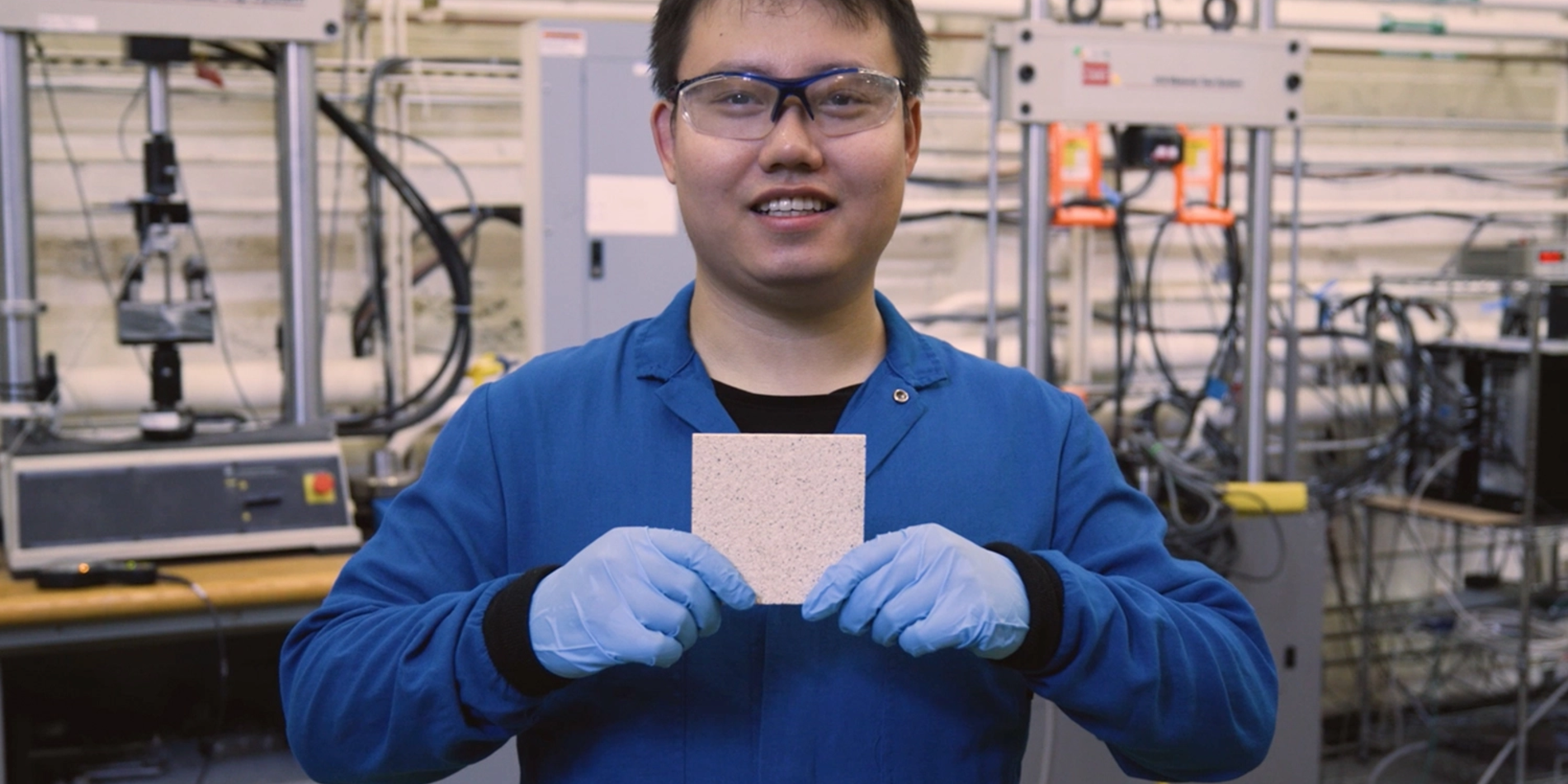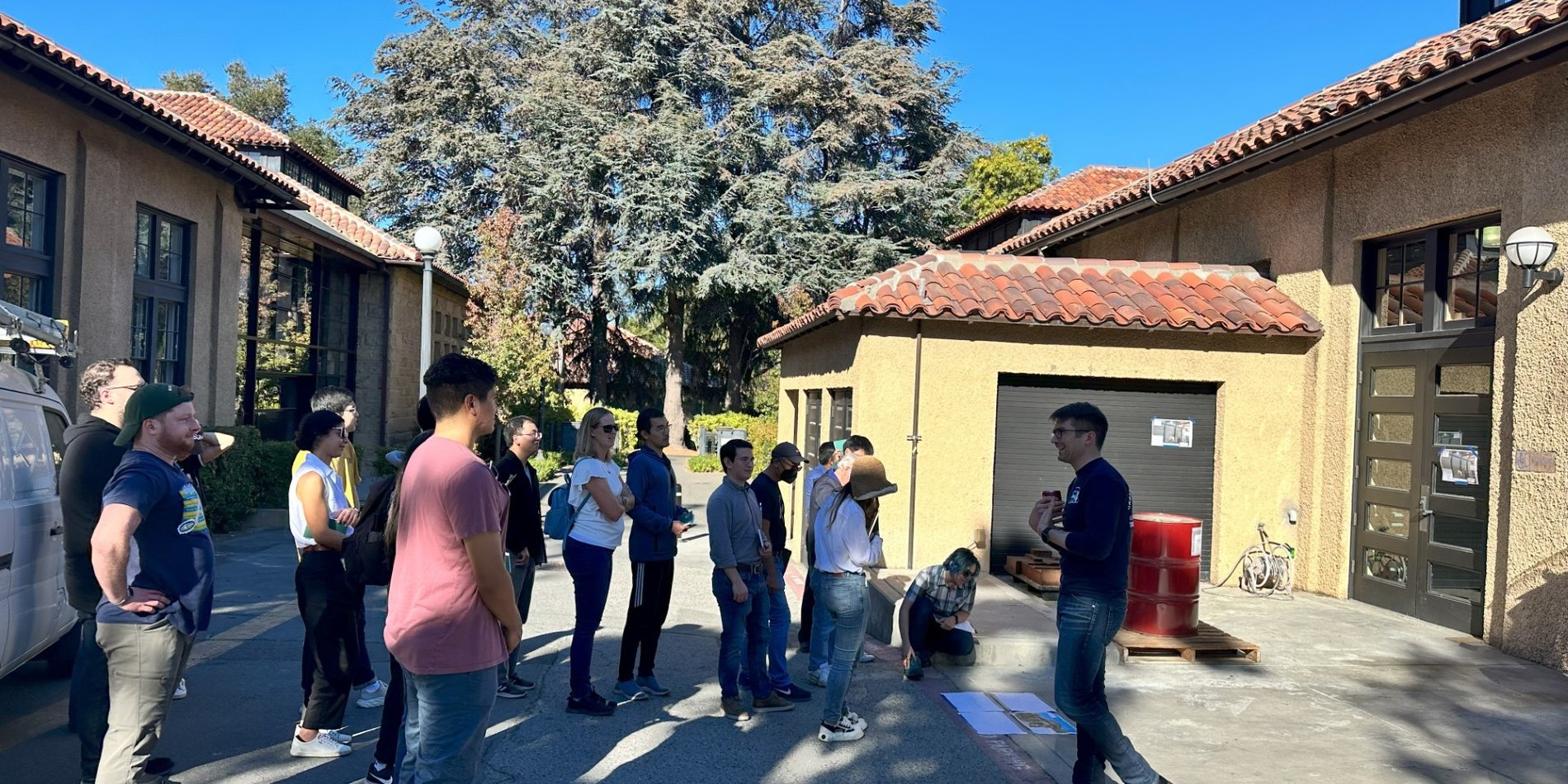Professor Christian Linder received the National Science Foundation's CAREER Award for his research on Stretchability by Design - Understanding Mechanical Phenomena in Microarchitectured Soft Material Systems.
This Faculty Early Career Development (CAREER) program will investigate mechanical phenomena in microarchitectured soft materials such as conjugated polymers to achieve stretchability by design and thereby stable device performance under large stresses. Conjugated polymers are considered as the basic material for organic semiconductors, which are used for various electronic material systems and sensing devices for applications in energy, healthcare, biomedical, civil, mechanical, aerospace, and chemical engineering. However, conjugated polymers are not stretchable. While generally flexible, their stretchability is restricted up to a few percent. At large deformations, cracks can deteriorate electronic device performance. This weakness limits their use in industrial applications that require large stretchability and new applications demanding complete flexibility. Society will benefit from new methods to predict material properties via mechanics-driven simulations for use in flexible hybrid electronics. The award will create science, technology, engineering, and mathematics opportunities for high school to graduate students in microarchitectured material design and macroarchitectured sustainable systems, and will impact on diversity by reducing barriers of first generation college students to pursue an engineering degree.
Currently, no theory reliably predicts all the complex interactions and non-equilibrium mechanisms arising during instability-induced phase separation of polymer blends, being a promising technique to increase stretchability in soft material systems. Nor is there a theory to predict failure behavior of the resulting conjugated/amorphous polymer blend material and the large deformation those materials must withstand in flexible hybrid electronics applications. The wide range of length and time scales of those mechanisms results in simulations merely able to capture experimentally observed phenomena in a qualitative way. This project aims to close this gap by an integrated theoretical, computational, and experimental approach. The astonishing advancements of theoretical mechanics, high-performance computational resources, and experimental testing and visualization techniques, make this award particularly timely. This research will contribute to developing computational scale bridging techniques to predict, quantitatively, the effect of varying polymer, solvent, and substrate properties, blend ratios, or evaporation rates on induced instabilities, blend morphologies, nanoconfined polymer properties, and failure mechanisms in polymer blends.
https://www.nsf.gov/awardsearch/showAward?AWD_ID=1553638&HistoricalAwar…


